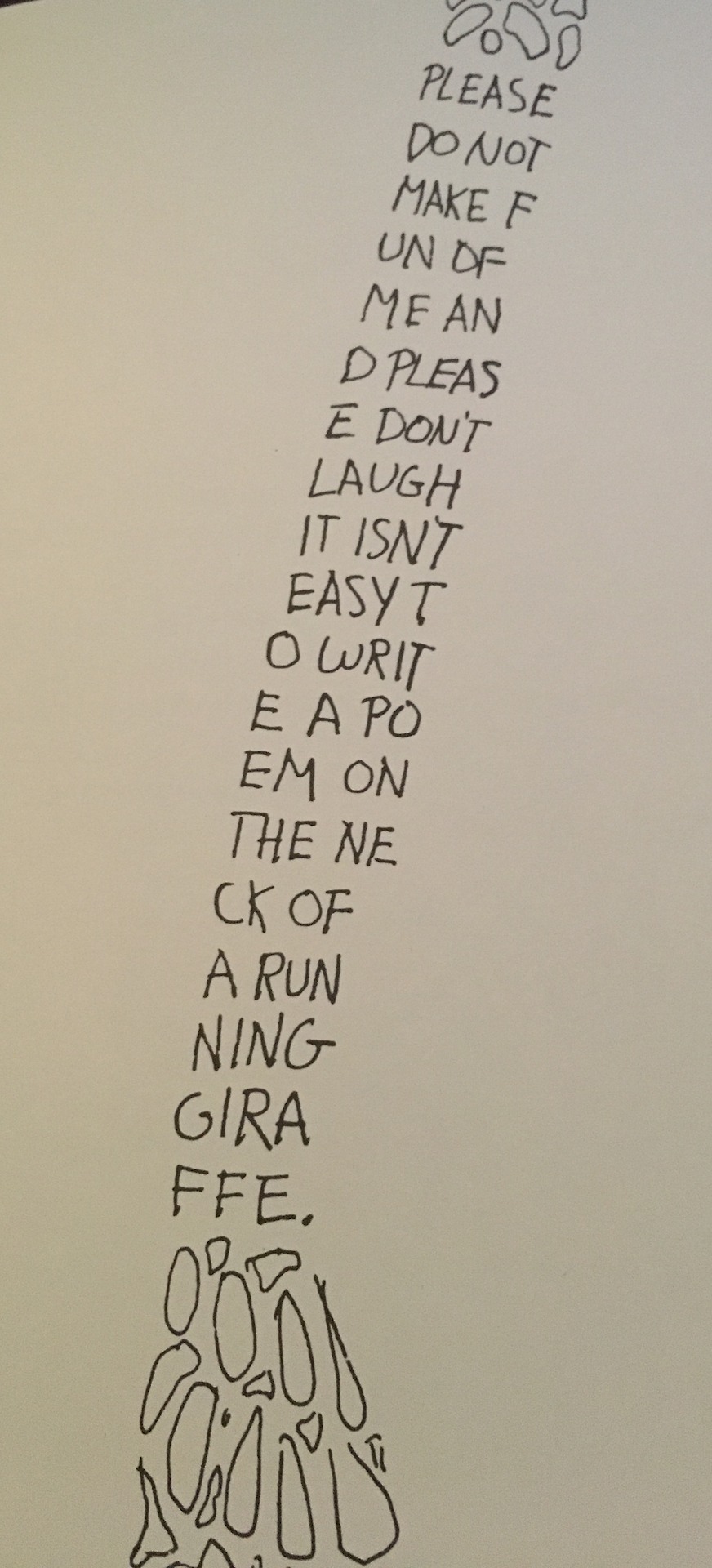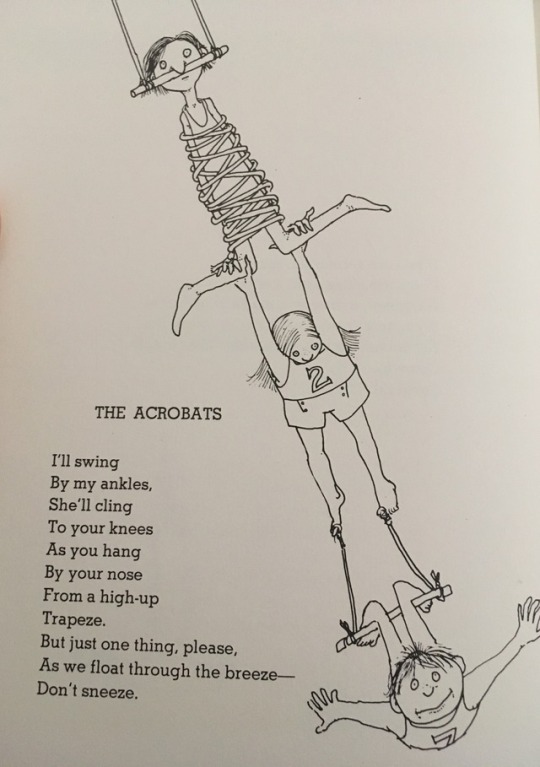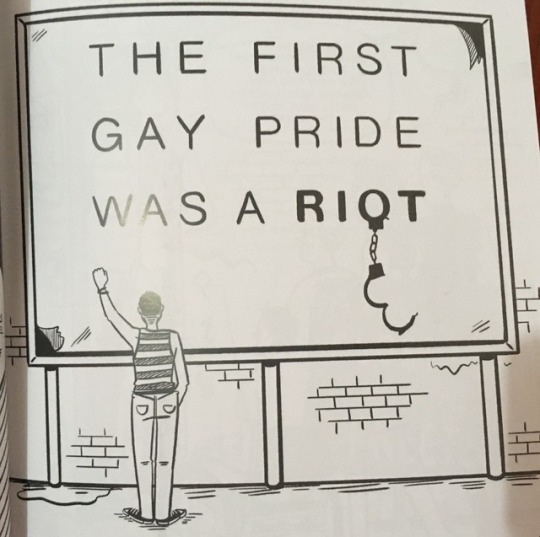Text
I was thinking of how sometimes, trying to say the right thing to people, it's like some kind of brain surgery, and you have to tweak exactly the right part of the lobe. Except with talking, it's more like brain surgery with old, rusted skewers and things, maybe like those things you use to eat lobster, but brown. And you have to get exactly the right place, and you're touching around in the brain, but the patient, she keeps jumping and saying, "Ow".
#m.t. anderson#feed#2002#quando gli ho dato due stelline in effetti non ho visto l'anno di pubblicazione#exactly
4 notes
·
View notes
Text
Preoccuparsi di foggiare e di migliorare le età future gli pareva altrettanto vano e pazzo che pretendere di farlo con quelle già trascorse. Il passato e il futuro, infatti, sono due campi di nebbia e vertigine, che i vivi non possono esplorare se non con la fantasia e con la memoria; ma forse fantasia e memoria sono soltanto strunenti d'illusione, e soltanto per un gioco ingannevole l'uomo crede di avere il passato alle spalle e il futuro innanzi a sé. In realtà, egli si muove sopra una sfera immobile, conchiusa fin da principio, e il passato e il futuro sono tutt'uno. A che serve esplorare questa reggia della morte? Il solo tentativo di sondarla produce angoscia e nausea, come quando ci si affaccia su un precipizio.
1 note
·
View note
Text
Vedendo Anna quasi del tutto indifferente al suo male, l'accusava ogni giorno di durezza, senza intendere che i fanciulli, i quali si nutrono di gioiose speranze, non possono indugiare a lungo sullo spettacolo della senilità e della morte. La carità che nasce dalla coscienza è rara in un fanciullo: in lui, la dedizione e la pietà possono nascere, piuttosto, dall'amore, e di questo, Anna medesima aveva dato prova curando suo padre. Ma s'è veduto come la povera Cesira fosse inabile a ispirare amore. Inoltre, come per testimoniare a se stessa, senza tregua, l'indifferenza altrui, ella s'era avvezzata a lamentarsi continuamente dei propri malanni, annullando cosí, per colpa dell'abitudine, fin quell'interesse fuggitivo destato in noi dai dolori del prossimo. Chi la conosceva, riguardava le sue sofferenze come ormai note e irrimediabili; per cui, non l'ascoltava neppure più.
1 note
·
View note
Text
I miei lettori mi perdoneranno se li intrattengo su simili fanciullaggini: essi devono comprendere che una storia, come una pianta, avanti d'essere un albero frondoso, e carico di frutti, è uno stelo acerbo, la cui natura si può riconoscere appena dalla forma delle foglioline insapori ed esigue. Perciò, avanti che la mia storia maturi, vogliano essi adattarsi al sapore insipido, comune e amarognolo della sua età acerba.
0 notes
Text
Io ero, difatti, venuta in possesso dell'ultima e piú importante eredità lasciatami dai miei genitori: la menzogna, ch'essi m'avevano trasmessa come un morbo. Veramente, i loro casi funesti, che nell'infanzia m'avevano tanto turbata, erano i piú adatti a immunizzarmi dal nostro morbo ereditario. Essi mi mostravano, infatti, la disumana, solitaria fine riserbata a chi rifiuta la sorte assegnatagli in questa vita; e si finge uno scenario e una compagnia di menzogne, eleggendole a sua sola verità. E partecipa ad esse, come un demente condotto a teatro, il quale si spaventa alla tragedia rappresentata, e urla vedendo la primadonna trafitta, e vuol precipitarsi sulla ribalta ad uccidere il tiranno. Ma il povero folle ha per sua giustificazione, se non altro, la propria inesperienza di finzioni e di teatri, o, quanto meno il non aver lui medesimo assistito o cooperato all'allestimento dell'inganno. Mentre colui del quale io parlo adora e crede vere maschere fabbricate da lui stesso; e per esse rinnega la propria esperienza terrena, e quindi anche il fine celeste, cui questa è mezzo.
0 notes
Quote
What is this “civilization” in which we find ourselves? What are these cerimonies and why should we take part in them? What are these professions and why should we make money out of them? Where in short is it leading, the procession of the sons of educated men?
Virginia Woolf
#virginia woolf#zia virginia#quando femminismo è sentirsi completamente estraniati#il mondo non è necessario
6 notes
·
View notes
Photo

41 notes
·
View notes
Photo

1 note
·
View note
Photo

42 notes
·
View notes
Text
SKY SEASONING
A piece of sky
Broke off and fell
Through the crack in the ceiling
Right into my soup,
KERPLOP!
I really must state
That I usually hate
Lentil soup, but I ate
Every drop!
Delicious delicious
(A bit like plaster),
But so delicious, goodness sake -
I could have eaten a lentil-soup lake.
It’s amazing the difference
A bit of sky can make.
1 note
·
View note
Photo

1 note
·
View note
Photo

6 notes
·
View notes
Photo

16 notes
·
View notes
Photo

2 notes
·
View notes
Text
What is “common” in and to women is the intersection of oppression and strenght, damage and beauty. It is, quite simply, the ordinary in women which will “rise” in every sense of the world - spiritually and in activism. For us, to be “extraordinary” or “uncommon” is to fail. History has been embellished with “extraordinary”, “exemplary”, “uncommon”, and of course “token” women whose lives have left the rest unchanged.
#adrienne rich#power and danger: works of a common woman#1977#on lies secrets and silence#re: male writers#whedon e moffat e la vita reale
2 notes
·
View notes
Text
Look at a classroom: look at the many kinds of women’s faces, postures, expressions. Listen to the women’s voices. Listen to the silences, the unasked questions, the blanks. Listen to the small, soft voices, often courageously trying to speak up, voices of women taught early that tones of confidence, challenge, anger or assertiveness, are strident and unfeminine. Listen to the voices of the women and the voices of the men; observe the space men allow themselves, physically and verbally, the male assumption that people will listen, even when the majority of the group is female. Look at the faces of the silent, and of those who speak.
#adrienne rich#taking women students seriously#1978#on lies secrets and silence#è stato vero in tutti i corsi che ho seguito in tutti i miei anni di università
1 note
·
View note
Text
The undermining of self, of a woman’s sense of her right to occupy space and walk freely in the world, is deeply relevant to education. The capacity to think independently, to take intellectual risks, to assert ourselves mentally, is inseparable from our physical way of being in the world, our feelings of personal integrity. If it is dangerous for me to walk home late an evening from the library, because I am a woman and can be raped, how self-possessed, how exuberant can I feel as I sit working in that library? How much of my working energy is drained by the subliminal knowledge that, as a woman, I test my physical right to exist each time I go out alone? Of this knowledge, Susan Griffin has written: … more than rape itself, the fear of rape permeates our lives. And what dies one do from day to day, with this experience, which says, without words and directly to the heart, your existence, your experience, may end at any moment. Your experience may end, and the best defense against this is not to be, to deny being in the body, as a self, to avert your gaze, make yourself, as a presence in the world, less felt.
1 note
·
View note